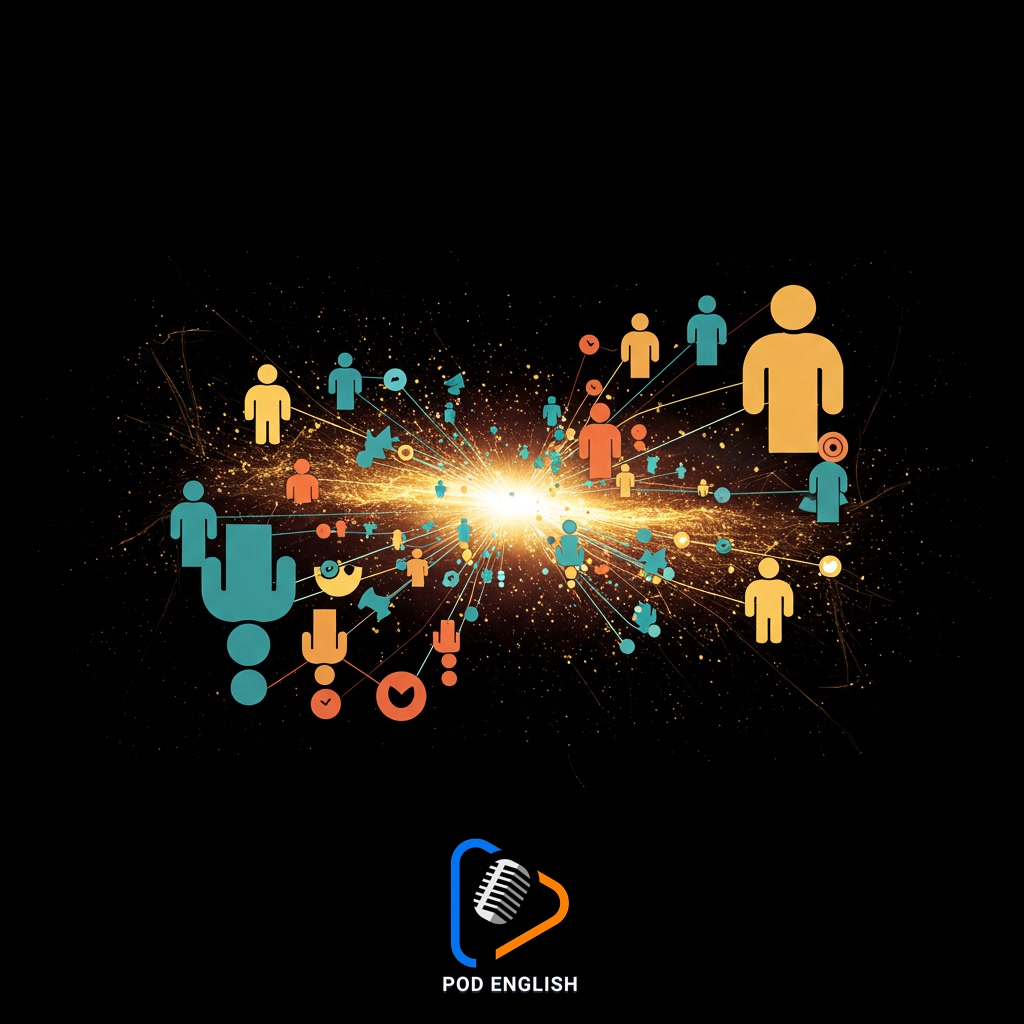Learn English
Learn English, Build Peace: The Power of Education
The concept “Learn English, Build Peace: The Power of Education” posits that acquiring English language proficiency is a vital instrument for fostering global understanding and peace. This perspective emphasizes how learning English serves as a powerful educational tool, enabling communication across cultures and bridging divides. Ultimately, it suggests that mastering this language contributes significantly to building a more harmonious world.
Table of Contents
Section 1: The Foundation: Why Learning English Matters Globally
English is often called a global language, and understanding why this is true is the first step in appreciating its power. It serves as a common link in many international fields. In business, science, technology, and travel, English is frequently the language used for communication and sharing information. This means that learning English opens doors to connect with people from different countries and cultures, access vast amounts of knowledge online and in books, and participate in global conversations. It acts as a foundational tool, breaking down language barriers and enabling mutual understanding, which is essential for building relationships and fostering cooperation on a worldwide scale.

Section 2: Bridging Divides: English as a Universal Connector
Building on its role in global fields, English truly shines as a universal connector, effectively bridging divides between people from diverse backgrounds and cultures. When individuals from different countries learn English, they gain a common platform for communication. This shared linguistic tool allows them to exchange ideas, share experiences, and understand perspectives that might otherwise remain inaccessible. This ability to connect directly reduces misunderstandings and fosters empathy. Therefore, learning English is not just acquiring a skill; it’s building a vital link that promotes dialogue, collaboration, and ultimately, a more peaceful coexistence among nations and communities worldwide.

Section 3: Cultivating Empathy: Understanding Cultures Through Language
Building on English’s role as a global connector, its power truly shines in helping us understand different cultures and build empathy. Learning English opens doors to a world of diverse perspectives. Through books, films, music, and direct conversations in English, learners gain insights into the values, traditions, and daily lives of people from various backgrounds. This direct engagement with different cultural narratives helps break down stereotypes and promotes a deeper appreciation for human diversity. By seeing the world through another’s eyes, facilitated by the shared language of English, we cultivate empathy and foster mutual respect, which are essential for peaceful coexistence.

Section 4: Empowering Individuals, Building Peace: The Role of Language Education
Building on English’s role as a global connector, its power truly shines in helping us understand different cultures and build empathy. Learning English opens doors to a world of diverse perspectives… This educational journey goes beyond just vocabulary and grammar; it empowers individuals. By gaining proficiency in English, learners acquire a powerful tool to access vast amounts of information, express their own ideas clearly, and connect directly with people from different backgrounds. This personal empowerment fosters confidence and enables active participation in global conversations and communities. When individuals feel empowered to communicate and understand others, it naturally leads to increased mutual respect and cooperation, laying essential groundwork for building a more peaceful and harmonious society. Language education, therefore, is a fundamental pillar in equipping individuals to become agents of peace.














